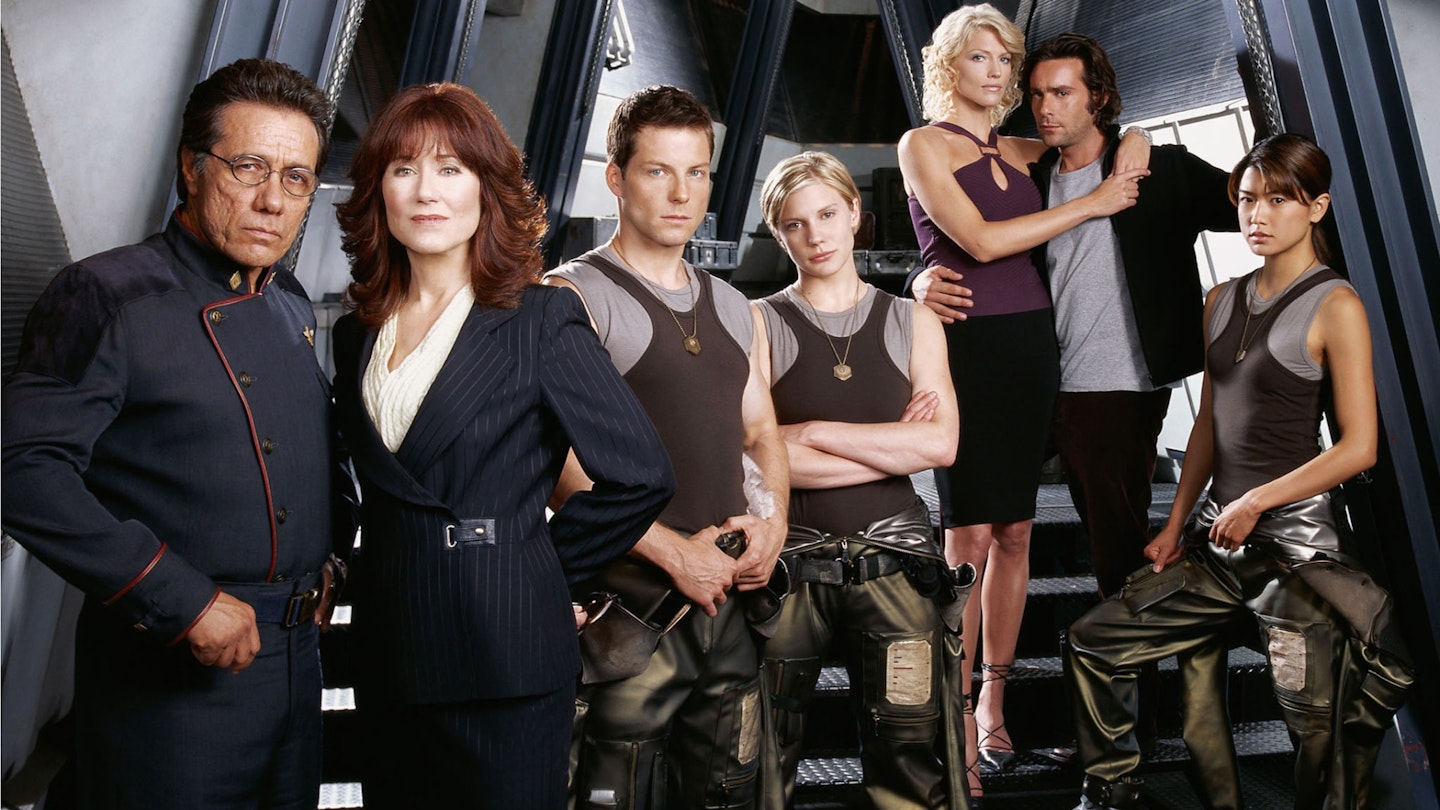You can't keep a good Cylon down, no matter how hard you try.
With word that the new Battlestar Galactica movie has found a writer in the form of Westworld's Lisa Joy, the real question is whether that film will hew closer to the original 1978-79 TV version created by Glen A. Larson, or harder-edged 2004-09 reimagining from Ronald D. Moore. However the frak it works out, the bottom line is that you cannot mention the name Galactica without thinking of the latter.
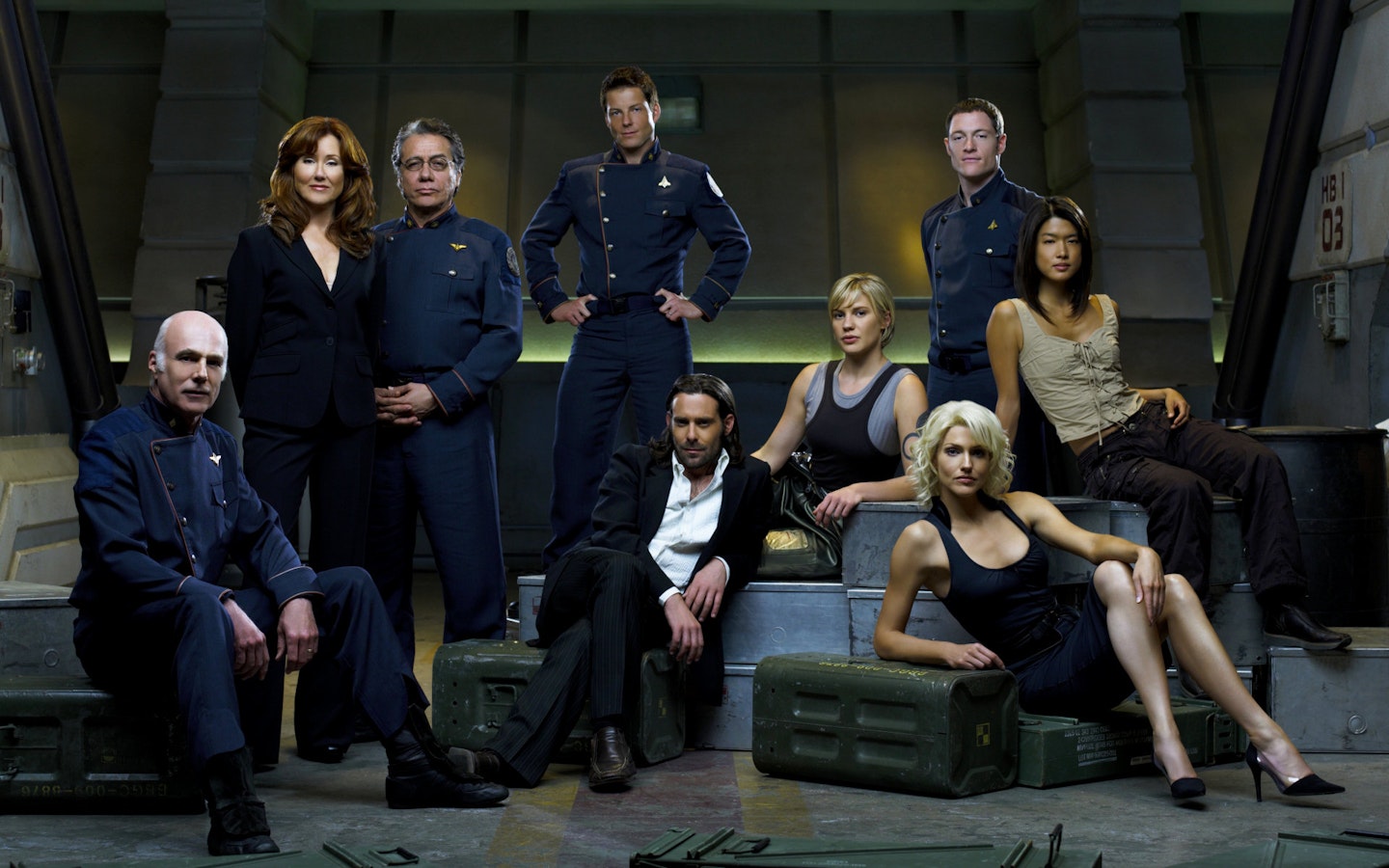
That version of Battlestar Galactica was born in the aftermath of September 11th, reflecting the world's uncertainty as fear of attack from without and within grew more prevalent. Now Moore (currently showrunner and executive producer of Outlander) reflects with Empire on the evolution of the show over the course of its four seasons.
"The first season was all about discovery. About figuring out what the show was. How much could we do off of Galactica? Who were the core characters we were really going to concentrate on? Could this Cylon-occupied Caprica storyline work? Where would that go? How much of a continuing story is it, how much is standalone? When do we introduce other elements of mythology? What’s the style? Could we do flashbacks in episodes? There were a lot of questions that first year, so the first year was very intense in trying a lot of things out week to week and seeing what would work and what wouldn’t."
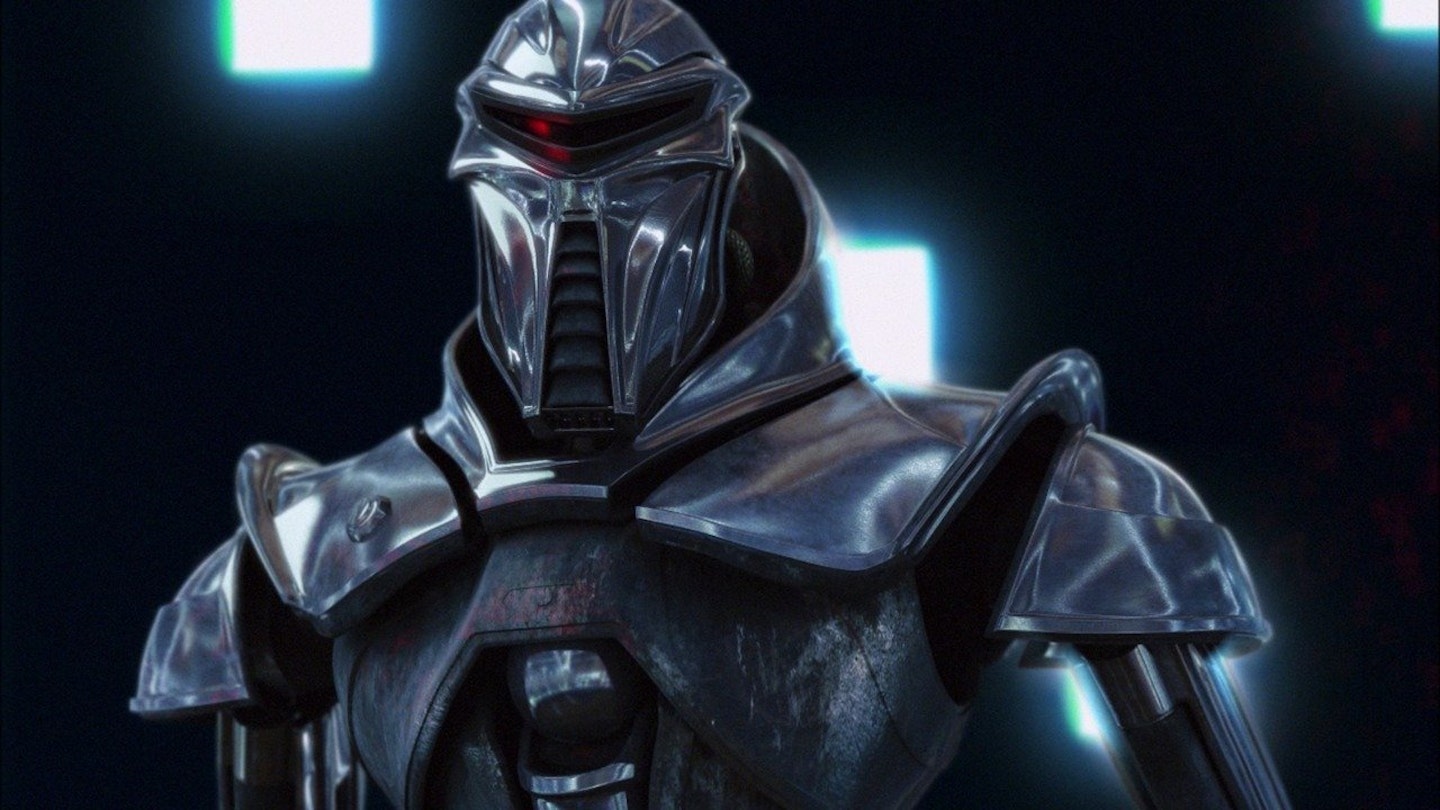
"The initial approach was that the show would bring the characters to a variety of ships in the fleet, among them vessels that served as hospitals, prisons, schools and even malls. We had the idea of the ragtag fleet as our world and our community and we could tell lots of different stories. But for practical reasons that didn't work out. We did the prison ship very early when we established Tom Zarek [the original BSG's Richard Hatch] and we almost broke our budget. We quickly realized that we couldn’t do that as much as we thought we could, so suddenly all those stories and ideas were wiped off the board and we concentrated much more up front what was happening aboard Galactica."
By the end of the second season it felt like it was time to take a big risk
"Early on there also wasn't a clear idea of what the overall mythology of the Cylons would be or how everything would tie together, but there was faith that we would figure all of that out as we went along. This meant that, in essence, right from the beginning the show began writing itself, the staff embroidering on discoveries made on a weekly basis."
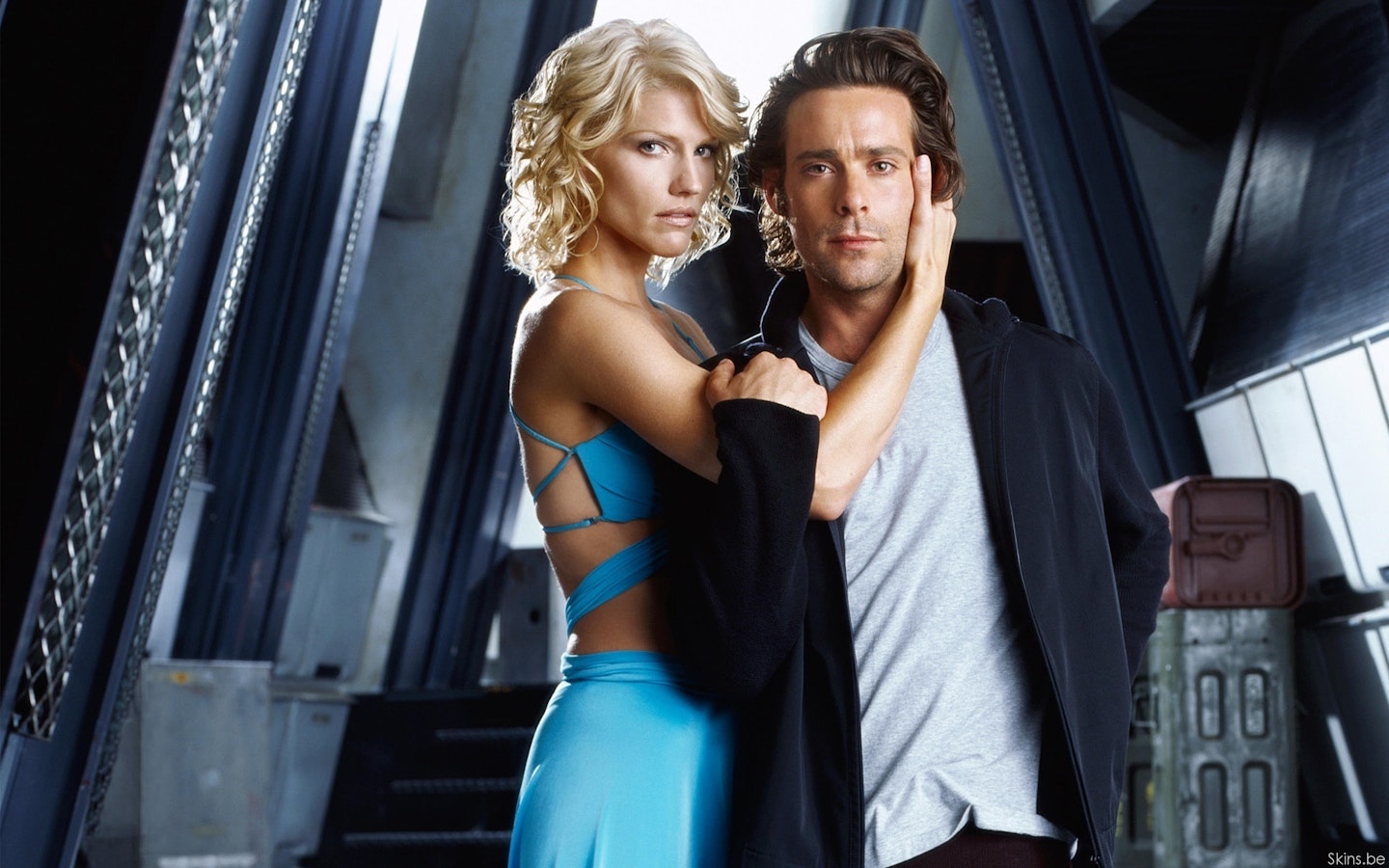
"Second season it became about, 'Okay, we know what we’re doing, let’s proceed forward and get stronger along the way.' By the end of the second season it felt like it was time to take a big risk. I kind of felt that we were settling in a little bit; it was becoming a little bit too safe and familiar in terms of our storytelling. So we really reshuffled the deck, took the leap a year forward, made Baltar president and put him and the people on a planet instead of Galactica, and really just changed the parameters of the show and essentially did almost a new pilot."
"Into the third season, we were really confident and really able to do what we wanted. And we knew that we could take big gambles and they would pay off. As we got deeper into the third season, that’s when I was beginning to sense that we were moving into the final chapters of the show. By the end of the third season, I knew we had reached the third act and the show only had one year left. That sort of understanding defined the fourth season, which was about bringing it all home. Conclusions, statements, figuring out the underlying mythology, really giving cohesion to the whole piece and ending strongly."
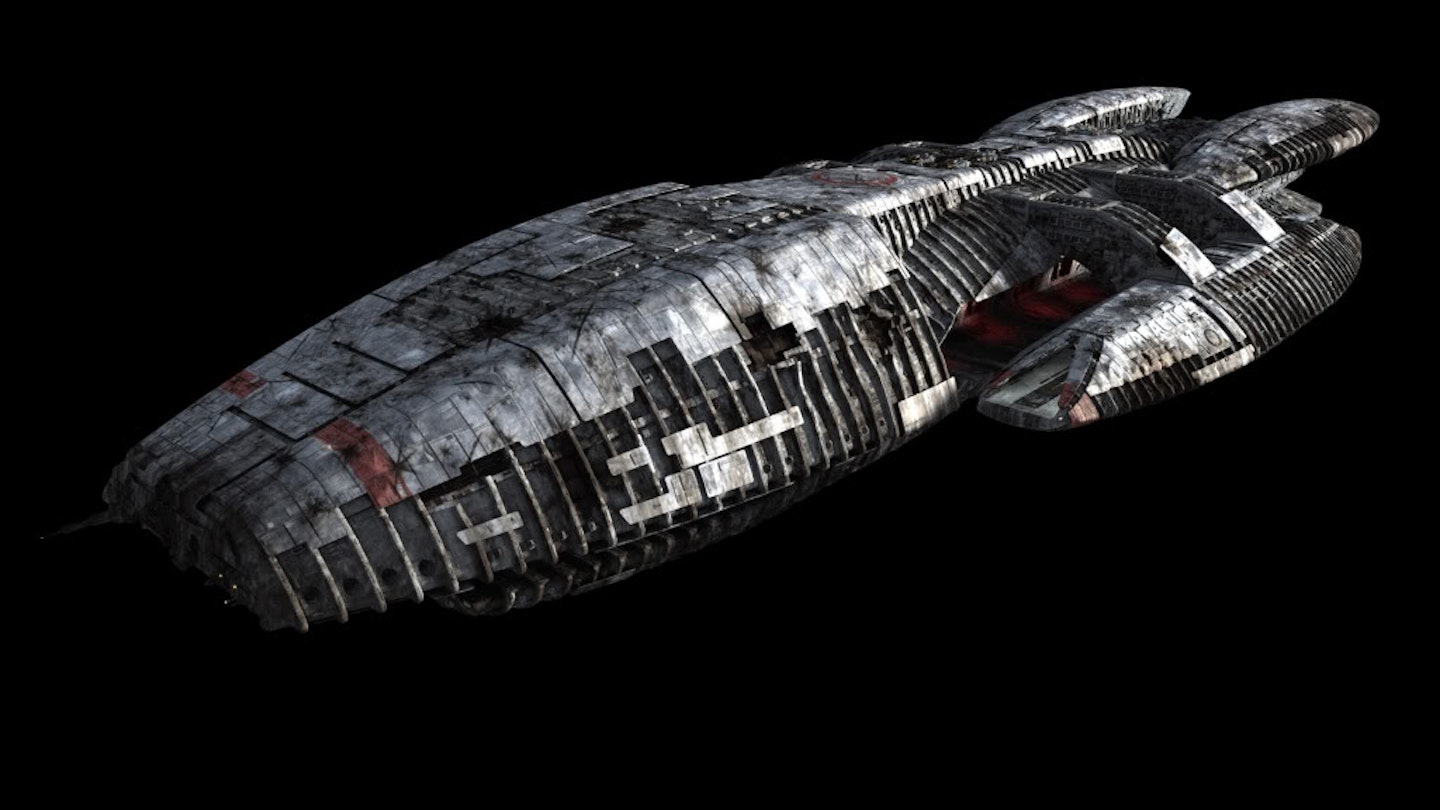
"It was my choice to end the show. Sci-Fi was kind of surprised. I called towards the end of the third season, maybe after the end of the third season. It was late in the game and I said, 'I want next year to be the last one. We’ve reached the third act of the story. I don’t want to stretch it beyond the point where it would be good television, let’s go out strong.' They were a little surprised, they hesitated, we talked about it a little bit and they agreed and that was the decision we made. If this is a different kind of show, we’d have a different kind of conversation. If this was a Law & Order or a procedural or an episodic series like the original Star Trek, I think you’d have a different set of parameters to deal with and different considerations. There’s no reason for those kinds of shows to really end – you can swap cast members and keep the journey going."
We had a premise that said there’s a beginning, middle and an end
"We had a premise that said right up front there’s a beginning, middle and an end to this story. They're looking for something, and they’re either going to find it or not. And there comes a point with the audience where they either believe you or they stop believing you, and I didn’t want to reach a point where they don’t believe you. You don’t want it to become Gilligan’s Island; you don’t want to get to the point where the audience tunes in and says, 'Yeah, they’re never going to get to fucking Earth. None of the main cast members are going to die, it’s just going to go on forever.' Then the audience grows cynical and they don’t pay attention anymore. I didn’t want to get to that point. It felt like the show had honored us and it was time to honor the story and bring it to a conclusion."
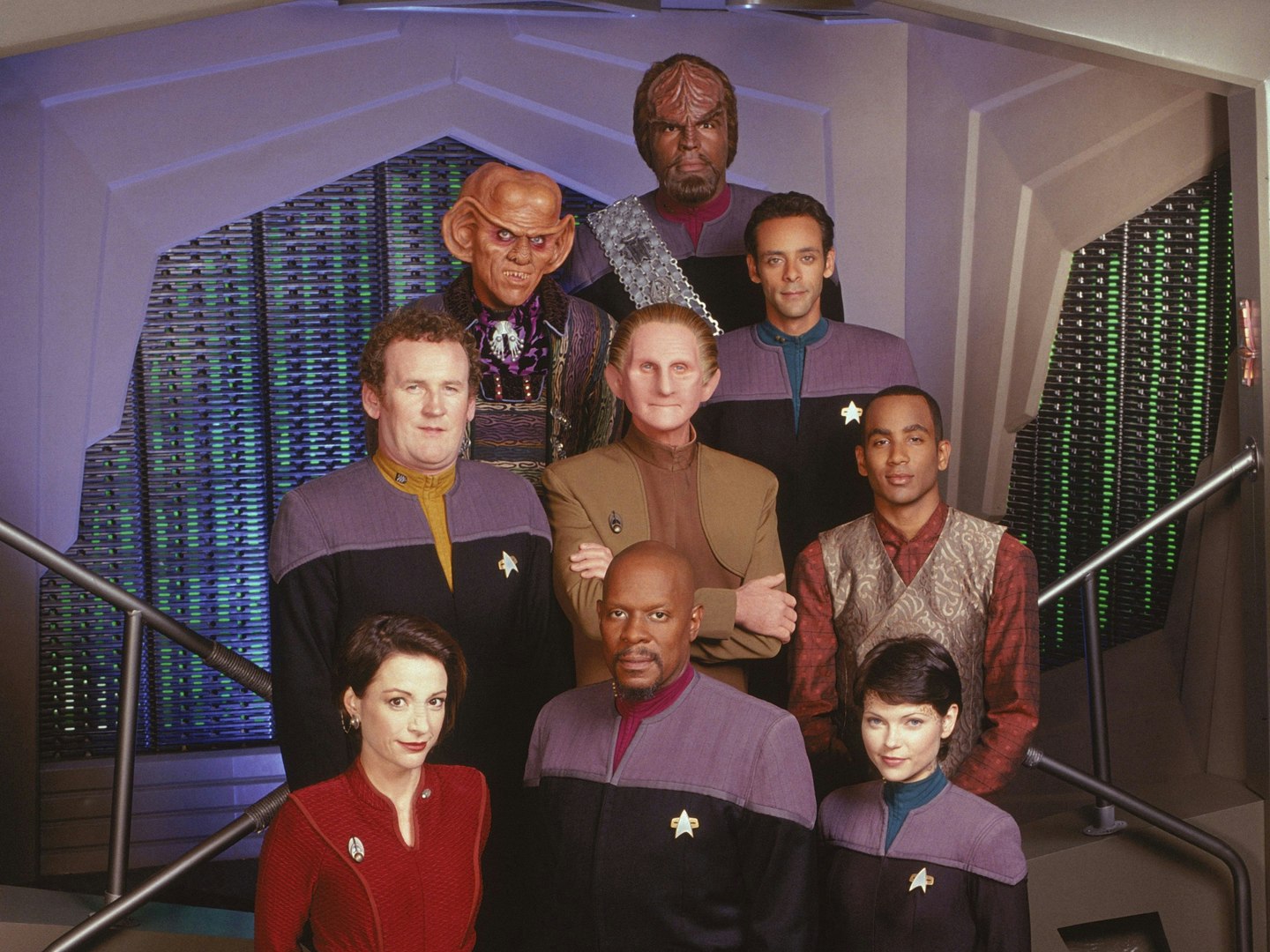
The Star Trek: Deep Space Nine Connection
"Being on the writing staff of Deep Space Nine had a huge impact on me and guided my thinking in a lot of ways. It taught me a lot about characters, about making characters more ambiguous. About having complicated moral choices for them, about telling a war story, about trying to tell a war story honestly. Some of them were negative lessons – Star Trek’s built in parameters prevented all of us from doing things at Deep Space that we wanted, certain kinds of stories we wanted to tell and there were certain frustrations built into the experience that then became fuel to do it the way I wanted to do it. To tell stories the way we wanted to, to be bolder, to do things the audience wouldn’t expect and to take more chances and not be afraid the audience would stop liking your characters if they did ugly things. A lot of those ideas were born out of the frustration of Deep Space."
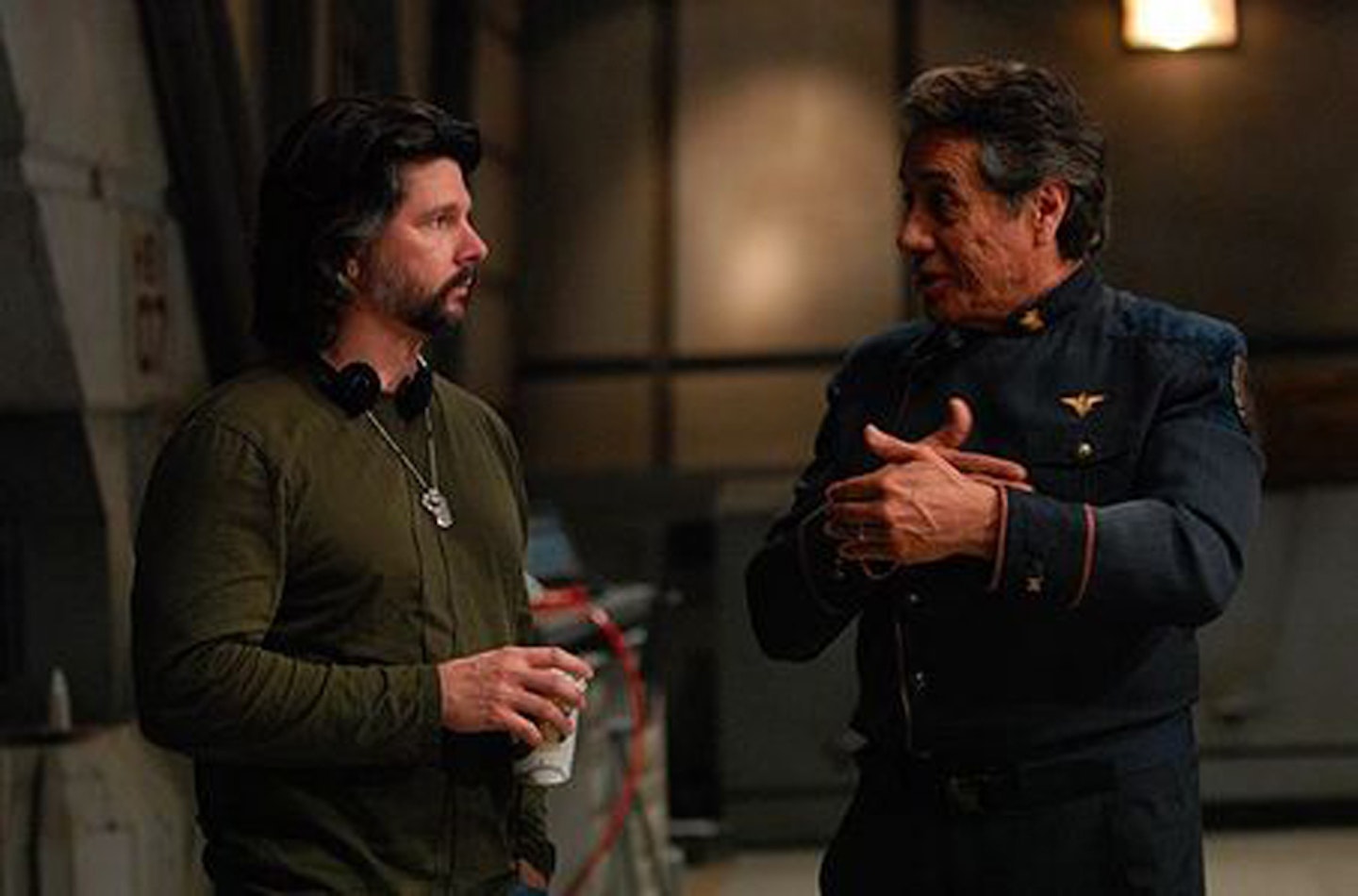
Lessons Learned From Battlestar Galactica
"If nothing else, the level of trust for your creative team is something that I really embraced on Galactica, because I was the authority and could make that decision. We embraced the cast and the crew. We tried to make everyone associated with the show feel that they were an owner of the show, that it mattered to their lives and that they were valuable. I trusted the cast and was willing to let them play around with the dialogue and find their voices on the stage. It was very, very collaborative. I definitely took a lot of those lessons with me as I moved forward. It’s important that the guy at the top who has the vision says, 'We’re going this way, so come along with me, but let’s figure out how we get there together. What is the road? And if you find a different path to get me to where we’re going, we’ll go that way.' It’s really in that spirit of trying to find the best ideas in the room and on the stage and to be united in purpose, but willing to challenge your assumptions, being willing to admit you’re wrong, willing to say it was a dumb idea or I shouldn’t have done that last week, let’s do it better next week. Those kinds of lessons I really found invaluable on Galactica."
We accomplished something special and the reaction kind of bears that out.
The Battlestar Legacy
"I think it just moved people and made people ask questions. It shocked people, it made people wonder if they were rooting for the right side or not. I think it just surprised people. They would watch the show and we would continually go out of our way to try and do things that traditional television would not. We would try not to do the conventional, try not to do the things you would expect the story to end on, try not to just make you feel comfortable and easy like, 'Oh, it’s just another hour of TV.' It was challenging and I think that was the biggest impact of all: it challenged all of us. When I look back at the show, I just feel pride. A great deal of satisfaction. A sense of accomplishment. We accomplished something special and the reaction to it kind of bears that out. It’s kind of an amazing thing and I’m always astonished that I’m a part of this thing called Battlestar Galactica. And that it’s as widely accepted as it has been and that it’s really made an impression. I’m very happy to have left a mark."
